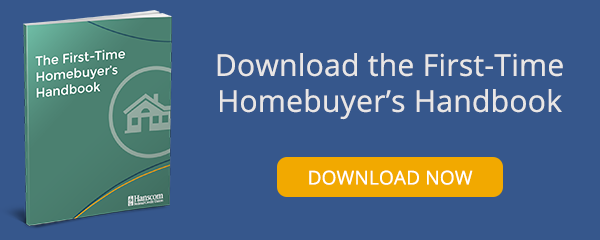Perhaps you’ve heard the call of coyotes from that den you don’t go into anymore, or you’ve seen tumbleweeds congregating in that extra, extra bedroom. Or maybe you’ve just looked at your electric bill lately. No matter your reasoning, if you are a homeowner who feels like you have more space than you really need, you’ve probably considered downsizing into a smaller dwelling at some point. Here are questions to ask yourself when you are considering the change:
- What is my equity position in the current home?
Obviously, having a positive equity position in your home is a biggie, since it will make it a lot easier financially to get into a new place. If you sell the home and you the amount you receive is less than what you owe on the mortgage(s), you will have to use your own money to make up the difference or face the consequences associated with a short sale. In other words, if you are in a negative equity position, downsizing might not be the best option. - How much money will potentially be saved on monthly housing payments?
If you’ve given serious thought to downsizing, you’ve probably looked at what it would cost to live in a new place. When you are comparing that number to what you currently pay for your house, don’t forget to include categories like taxes, maintenance and repairs for the future on the house side of the equation. Also, pay close attention to utilities since there can often be a dramatic difference in what you will pay in a larger home and what you would pay in a smaller home, apartment, or condo. Sometimes these expenses can tip the scales such that downsizing is the better option. - Does my current neighborhood still fit my needs?
It’s not just the house that should be weighed when making a decision on downsizing. If you moved into a neighborhood because it had great schools or lots of wide open space, as you get older those things may not matter anymore. Downsizing could mean being able to find an area that’s better for what you want now while also saving you money. - Will I be able to maintain the property in the years to come?
Maybe at one point you were gung-ho about climbing ladders to do fix-it projects or spending all day on a yard project. But as you get older, you may not be able to maintain the property like you once did. This could mean increased expenses in the future, or if you can’t afford to hire someone to do these things for you it could result in the property quickly losing value as it falls into disrepair. Sometimes it is best to sell a home when you are still able to keep it at its most attractive. - What’s my relationship with my stuff?
Many people find getting rid of a good deal of their accumulated belongings liberating since they feel less controlled by their possessions. Others have sentimental or practical attachments to certain possessions that require a fair amount of space to store. Either way, think about what you would really need to have with you in the home and then decide how much space it will take going forward to keep it. - What are your space needs for guests?
You may enjoy having a larger space to host family members or friends who come to visit. Think about the maximum number of visitors you have at one time and if you can accommodate them in a smaller space. Many people find that even in a smaller place they are still able to have plenty of guests.
If it’s been a while since you last bought a home, refresh yourself on the process with this free First-Time Homebuyers' Handbook.
Others are reading:




.jpg)








Comment